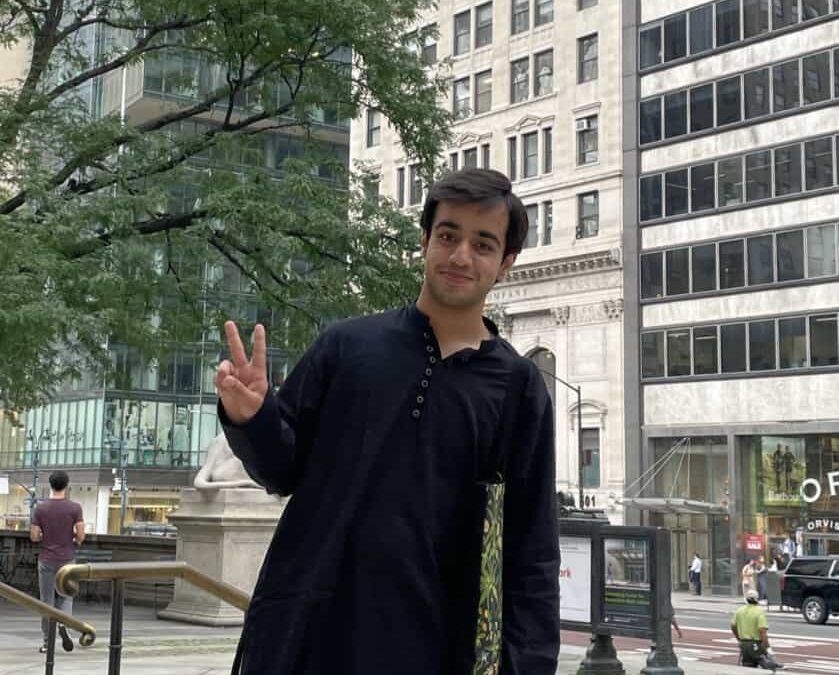ALI IMRAN, Special to The Denisonian—The Denison Library is hosting a poster display in the atrium for the month of September. The posters cover a lot: attack on the World Trade Centre, devastation in the aftermath, the Patriot Act, and the great American War on Terror.
Posters and other visual media often rely on numbers to elicit our grief. If we are going to mourn and value life based on numbers then it is revealing (and horrible) that 900,000 direct war deaths go unmourned in these “American” narratives. The posters, created by the 9/11 Memorial Museum, make no mention of the countries or people that have suffered beyond imagination in the post-9/11 American aggression.
The US Department of Defence estimated that the US invasions of Afghanistan and Iraq cost each US taxpayer $8,094 in 2020 (a mind boggling $8,043 billion has been spent since 2001). This money has been spent by the US government to cover the cost of wars that have caused more than 900,000 deaths. 20 years after the US-led invasion, as the Taliban take over most of Afghanistan, these silences on the American complicity in death and destruction of people’s lives are deafening.
It is particularly sinister to make fiscal and numerical arguments about the value of Afghans lives lost to this imperial war. But for people (Americans and, Denison students alike) to exclude these confoundingly related lives and losses from their mourning and understanding is to back out from acknowledging their complicity. Denison University made quite a show of its anti-racist and inclusive policies in the past few months. A poster display as propagandic and ignortant as this is anything but anti-racist or inclusive.
I would argue it is actively racist and misogynist — especially so when visuals of the last American soldier leaving a war-torn Afghanistan are being circulated everywhere while Afghans who fought for their lives and land are left, once again, to clean up the rubble of American destruction under an oppressive Taliban regime.
This singular narrative – in the posters and our conversations – around 9/11 ignores the possibilities and lives that have been lost to an oppressive war. It completely erases the queer people and womxn in Afghanistan who have been token chips in the US-Taliban tug of war over who owns these bodies. Foriegn, brown, and dirty bodies do not have space or voice in these great narratives of tragedy.
Who we mourn is more than a political question;, it is essential to how we remember them and how we direct our lives in their absences. This 9/11/2021, I remember the brown bodies that have no place in your narratives or mournings.

